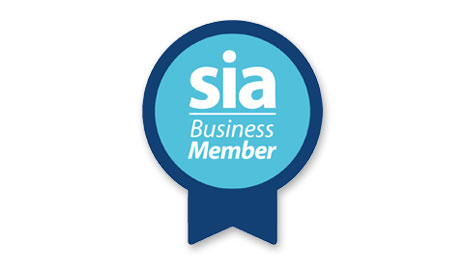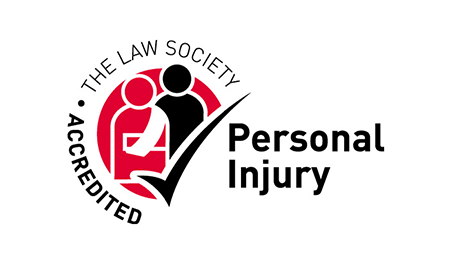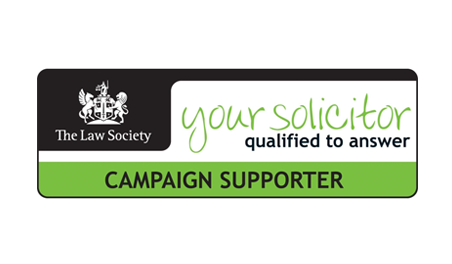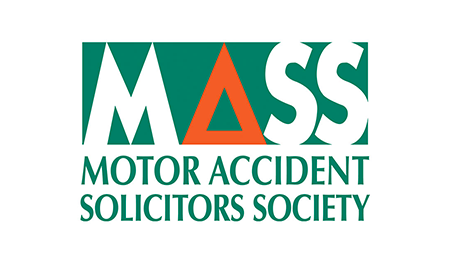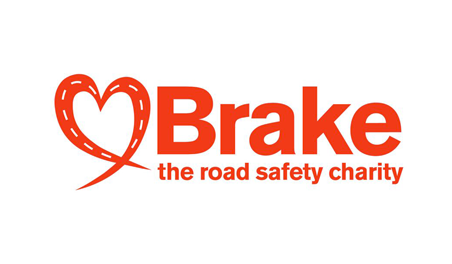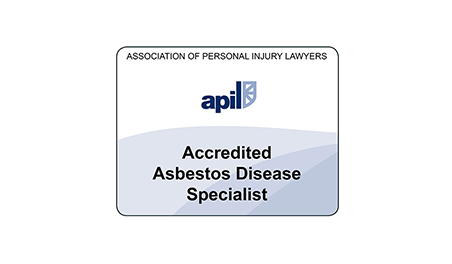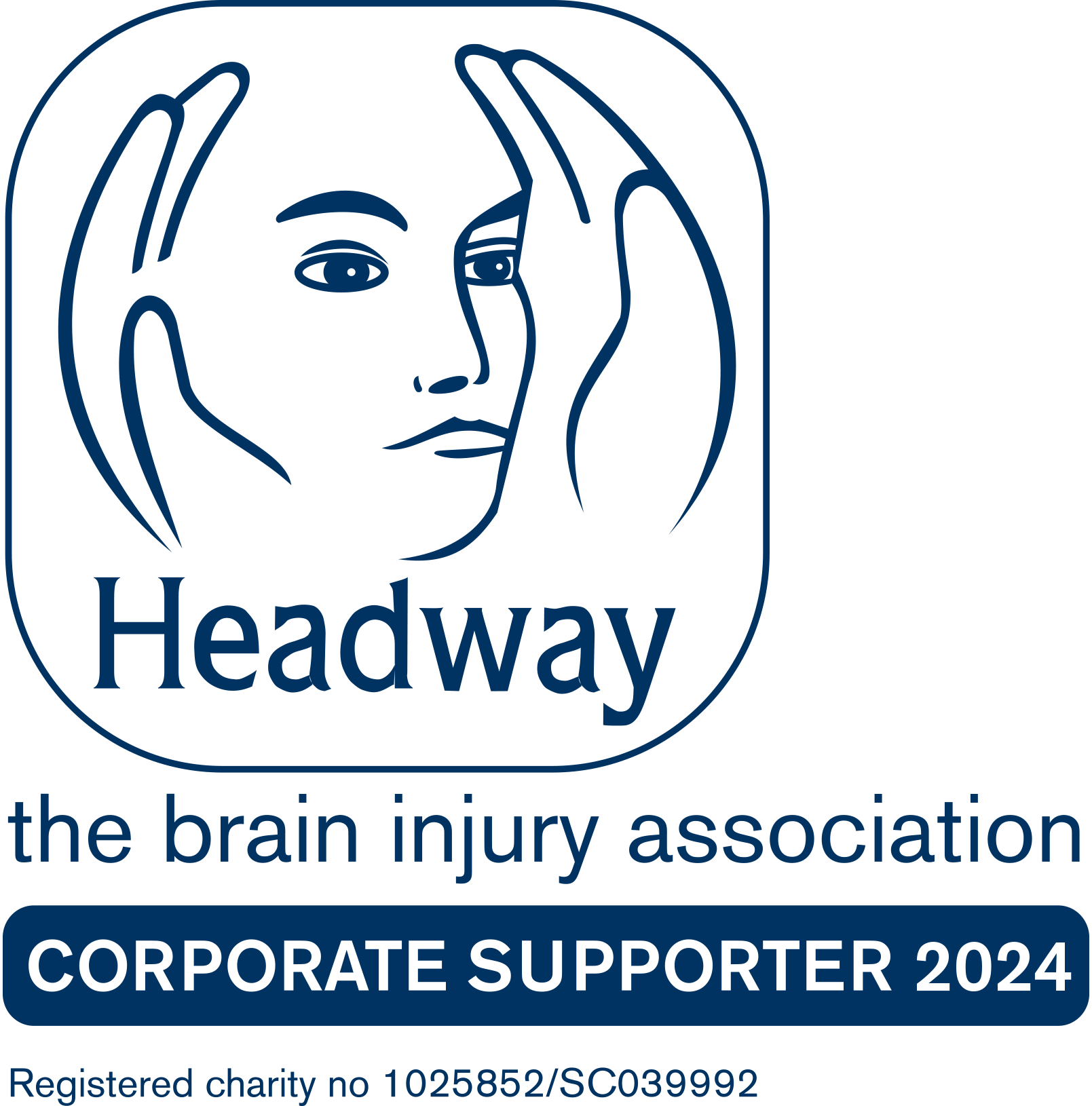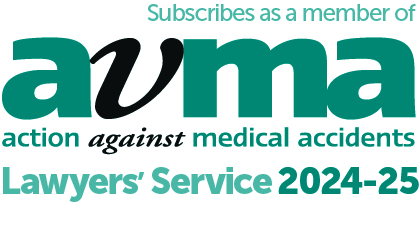We know the legal process can seem intimidating, but don’t worry – we make it as painless as possible. Here’s how we’ll guide you through it, step by step:
1. Free Friendly Chat (Just 1 day)
We’ll have a relaxed conversation about what happened to you, check if you have a valid claim, and explain how we can help. We can do this by phone, video, or in person – whatever makes you most comfortable.
“I was nervous about talking to a solicitor, but they made me feel at ease straight away. It was just like chatting to a friend who happened to know about legal stuff.” – Jenny from Leeds
2. Setting Up Your Claim (1-2 weeks)
If you’re happy to go ahead, we’ll:
- Take your full statement (at your pace, no pressure)
- Ask for your medical records (we handle all the paperwork)
- Contact your employer (so you don’t have to have awkward conversations)
- Start gathering evidence (that’s our job, not yours)
You won’t pay a penny at this stage. We work on a No Win No Fee basis (legally known as a Conditional Fee Agreement), which means there’s absolutely no financial risk to you.
3. Building Your Case (2-3 months)
This is where we roll up our sleeves and do the heavy lifting:
- Getting statements from people who saw what happened
- Obtaining accident reports and records
- Checking workplace safety procedures
- Consulting with medical experts about your injuries
You won’t need to talk to your employer directly – we handle all those potentially uncomfortable conversations for you.
4. Quick Medical Check (Just 1 day)
You’ll see a friendly independent doctor who will write a report about your injuries. This is usually a short, straightforward appointment at a local medical centre.
5. Negotiation (1-3 months)
Here’s where our expertise really pays off. We’ll negotiate with your employer’s insurance company to get you the most money possible. And don’t worry about going to court – 95% of our cases settle without that stress.
6. Getting Your Money (1-2 weeks)
The best part! Once your claim is settled, you’ll get your compensation, usually within 14-28 days.
The whole process usually takes 4-9 months for simple claims, or 12-18 months for more complex ones. We’ll keep you updated every step of the way, so you’re never left wondering what’s happening.


